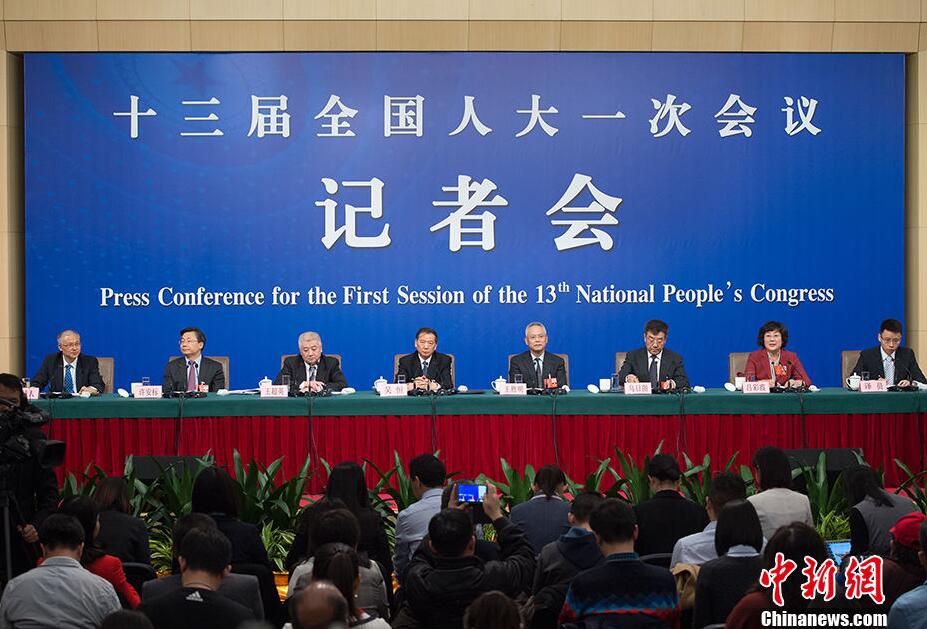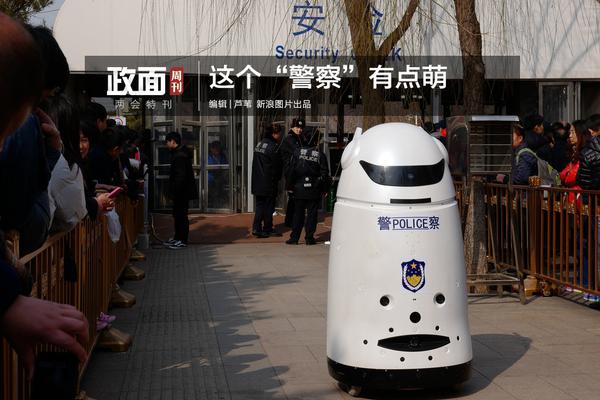
Short-term memory, long-term memory. Cognitive psychology regards memory as the process of coding, storing and extracting input information by the human brain. Memory is divided into three systems: instantaneous memory, short-term memory and long-term memory, which is based on the different ways of encoding, storing and extracting information, as well as the different length of information storage time.
What are the three memory systems: memory is also regarded as the process of the human brain encoding, storing and extracting input information, and according to the different ways of coding, storing and extracting information, as well as the different length of information storage time, memory is divided into instantaneous memory, short-term memory and long-term memory. A system.
What are the three memory systems? According to the different ways of encoding, storing and extracting information, and the different length of information storage time, memory is divided into three systems: instantaneous memory, short-term memory and long-term memory.
The three stages of memory are sensory memory, short-term memory and long-term memory. Sensory memory: Sensory memory refers to the information we receive through various sensory organs, such as vision, hearing, touch, taste and smell.
What are the three memory systems? According to the different ways of coding, storage and extraction of information, and the different length of information storage time, memory is divided into instantaneous memory, short-term memory and long-term memory. Remember the three systems.
The coding method of instantaneous memory, that is, the way instantaneous memory remembers information, is the image of external stimuli. Because the information of instantaneous memory is first registered in the sensory channel in the form of sensory images, instantaneous memory has a distinct image. The capacity of instantaneous memory is large, but the retention time is very short.
Perception is the cognitive process of giving meaning through information. ( 2) Working memory. It is the memory of processing and encoding information in the human brain within a minute. The holding time is about 5 seconds to 1 minute. Short-term memory also includes direct memory and working memory.

Weber's score), which is only applicable to medium-intensity stimuli, which is different from the Weber's score of sensory organs (2) Fechner's Law: 1860, using the differential threshold as the unit of sensation, a stimulus was measured. The difference threshold contained is believed to be the psychological intensity caused by this stimulus.
The concept of memory is the psychological process of accumulating, preserving and extracting individual experience in the mind.From storing into the brain to extracting and applying again, this complete process is collectively called memory.
Long-term memory refers to the memory maintained for more than a minute after external stimuli appear in a very short time. Features: The capacity of memory is unlimited, whether it is the type or quantity of information. Coding Semantic coding: Use words to process information and organize coding according to the meaning of the material.
Memory and memory process Definition: It is the reaction of past experience in the mind. Past experience refers to the perception of things, thinking about problems, the emotional experience caused by things, and the actions that have been carried out in the past. Function: It is the root of wisdom and the cornerstone of psychological development.
PAGCOR online casino free 100-APP, download it now, new users will receive a novice gift pack.
Short-term memory, long-term memory. Cognitive psychology regards memory as the process of coding, storing and extracting input information by the human brain. Memory is divided into three systems: instantaneous memory, short-term memory and long-term memory, which is based on the different ways of encoding, storing and extracting information, as well as the different length of information storage time.
What are the three memory systems: memory is also regarded as the process of the human brain encoding, storing and extracting input information, and according to the different ways of coding, storing and extracting information, as well as the different length of information storage time, memory is divided into instantaneous memory, short-term memory and long-term memory. A system.
What are the three memory systems? According to the different ways of encoding, storing and extracting information, and the different length of information storage time, memory is divided into three systems: instantaneous memory, short-term memory and long-term memory.
The three stages of memory are sensory memory, short-term memory and long-term memory. Sensory memory: Sensory memory refers to the information we receive through various sensory organs, such as vision, hearing, touch, taste and smell.
What are the three memory systems? According to the different ways of coding, storage and extraction of information, and the different length of information storage time, memory is divided into instantaneous memory, short-term memory and long-term memory. Remember the three systems.
The coding method of instantaneous memory, that is, the way instantaneous memory remembers information, is the image of external stimuli. Because the information of instantaneous memory is first registered in the sensory channel in the form of sensory images, instantaneous memory has a distinct image. The capacity of instantaneous memory is large, but the retention time is very short.
Perception is the cognitive process of giving meaning through information. ( 2) Working memory. It is the memory of processing and encoding information in the human brain within a minute. The holding time is about 5 seconds to 1 minute. Short-term memory also includes direct memory and working memory.

Weber's score), which is only applicable to medium-intensity stimuli, which is different from the Weber's score of sensory organs (2) Fechner's Law: 1860, using the differential threshold as the unit of sensation, a stimulus was measured. The difference threshold contained is believed to be the psychological intensity caused by this stimulus.
The concept of memory is the psychological process of accumulating, preserving and extracting individual experience in the mind.From storing into the brain to extracting and applying again, this complete process is collectively called memory.
Long-term memory refers to the memory maintained for more than a minute after external stimuli appear in a very short time. Features: The capacity of memory is unlimited, whether it is the type or quantity of information. Coding Semantic coding: Use words to process information and organize coding according to the meaning of the material.
Memory and memory process Definition: It is the reaction of past experience in the mind. Past experience refers to the perception of things, thinking about problems, the emotional experience caused by things, and the actions that have been carried out in the past. Function: It is the root of wisdom and the cornerstone of psychological development.
bingo plus update today Philippines
author: 2025-01-06 18:40UEFA Champions League live streaming app
author: 2025-01-06 17:55 DigiPlus fair value
DigiPlus fair value
589.46MB
Check LR stock price Philippines
LR stock price Philippines
478.77MB
Check Europa League app
Europa League app
732.14MB
Check Hearthstone deck
Hearthstone deck
858.33MB
Check UEFA Champions League standings
UEFA Champions League standings
763.51MB
Check DigiPlus
DigiPlus
246.41MB
Check Hearthstone arena deck Builder
Hearthstone arena deck Builder
514.33MB
Check Hearthstone arena deck Builder
Hearthstone arena deck Builder
173.83MB
Check DigiPlus
DigiPlus
725.88MB
Check Bingo Plus stock
Bingo Plus stock
329.55MB
Check Champions League
Champions League
928.29MB
Check Casino redeem
Casino redeem
584.16MB
Check Hearthstone Arena class tier list 2024
Hearthstone Arena class tier list 2024
351.36MB
Check DigiPlus stock
DigiPlus stock
865.25MB
Check Casino redeem
Casino redeem
243.49MB
Check UEFA European championship
UEFA European championship
346.14MB
Check Casino Plus
Casino Plus
585.82MB
Check Hearthstone arena deck Builder
Hearthstone arena deck Builder
925.22MB
Check App to watch Champions League live free
App to watch Champions League live free
453.57MB
Check DigiPlus Philippine
DigiPlus Philippine
396.47MB
Check 100 free bonus casino no deposit GCash
100 free bonus casino no deposit GCash
922.47MB
Check bingo plus update today
bingo plus update today
578.89MB
Check Hearthstone deck
Hearthstone deck
266.25MB
Check Casino Plus
Casino Plus
877.62MB
Check UEFA Champions League live streaming free
UEFA Champions League live streaming free
281.55MB
Check casino plus free 100
casino plus free 100
677.15MB
Check Casino Plus GCash login
Casino Plus GCash login
139.98MB
Check Casino Plus free 100
Casino Plus free 100
177.39MB
Check Casino Plus free 100
Casino Plus free 100
958.51MB
Check DigiPlus
DigiPlus
425.47MB
Check Casino free 100 no deposit
Casino free 100 no deposit
892.86MB
Check Bingo Plus stock
Bingo Plus stock
644.86MB
Check DigiPlus Philippine
DigiPlus Philippine
989.13MB
Check bingo plus update today
bingo plus update today
771.15MB
Check DigiPlus
DigiPlus
223.72MB
Check UEFA Champions League live streaming app
UEFA Champions League live streaming app
638.39MB
Check
Scan to install
PAGCOR online casino free 100 to discover more
Netizen comments More
53 穷寇莫追网
2025-01-06 20:07 recommend
2018 铁打心肠网
2025-01-06 19:45 recommend
617 魂飞天外网
2025-01-06 19:36 recommend
1292 齿牙馀论网
2025-01-06 18:49 recommend
839 自卖自夸网
2025-01-06 18:21 recommend